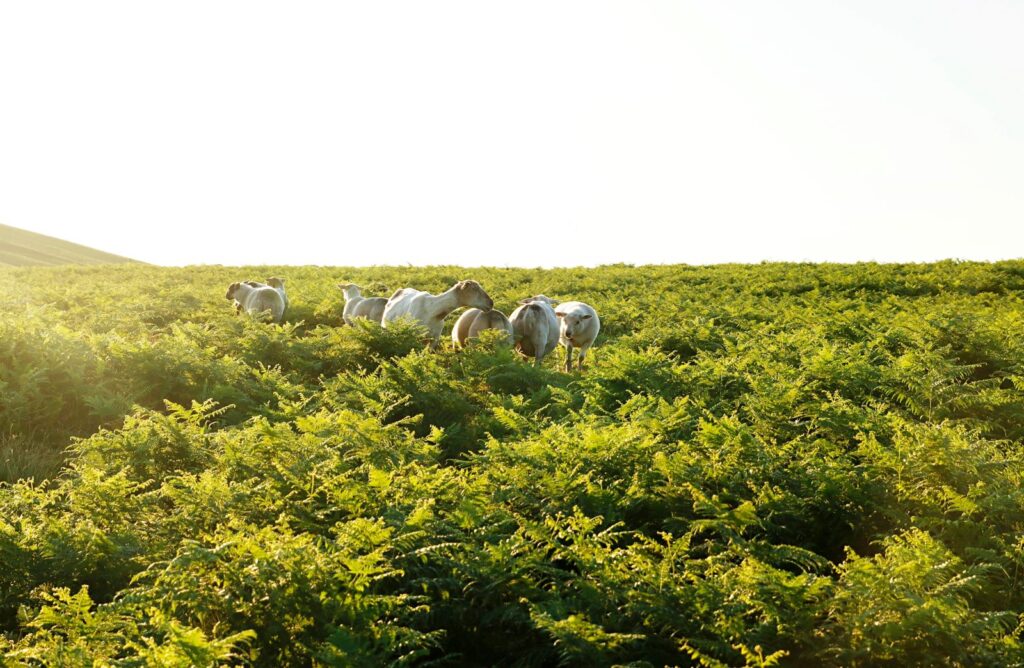Asulam bracken control herbicide approved for use in England
20th June 2023
Emergency authorisation has been granted for the aerial spraying and some ground-based applications of Asulox (Asulam) to control the spread of bracken in England, with decisions for other parts of the UK to follow next week.
The announcement follows appeals from farmers and farming groups nationwide for government approval of the herbicide to control bracken, which is known to pose a threat to livestock and human health due to its carcinogenic properties and by harbouring ticks.
Authorisation has now been issued for the use of Asulam during the 2023 season, starting on 1st July and concluding on 11th September, after which the herbicide can no longer be applied but storage and stocks can continue. All stocks of Asulam must be disposed of by 27th October 2023.
Decisions are yet to be made for Scotland, Wales and Northern Ireland regarding the use of the compound, and details will be announced as soon as they are made available to the relevant authorities.
Applications can be made via helicopter only, with some ground-based use permitted over conservation areas such as Sites of Special Scientific Interest. To minimise any negative effects on wildlife, the official guidance is urging users to delay applications wherever possible until the 1st of August or late July.
Moreover, Asulam use is not permitted over areas where the hazel dormouse is known to breed, and farmers must remove livestock from areas to be treated until at least one month after application.
The product will be available from selected distributors in 5, 20 and 1,000-litre containers. All spraying of Asulam must cease on 11th September, and returns of unopened containers will be accepted by distributors until 27th October, after which it will be illegal to store the herbicide in the UK.
The approval of the product in England follows calls on the government to urgently issue authorization due to a lack of effective alternatives. In a recent public appeal, Scottish hill farmer Brian Walker has said failure to provide authorisation would be “a dereliction of duty to protect farmers, crofters, the rural workforce, and public health.”
He pointed out that the benefits of using Asulam at this time outweigh the risks as farmers would be reliant on heavy chemical use should their livestock become infested with ticks.
“Redwater disease in cattle and louping ill in sheep are nasty diseases. So, it is ironic that to protect our animals, we would have to use chemicals on them, rather than control the problem at the source by removing bracken,” he stressed.
To read the full guidance issued by the Bracken Control Group here.

